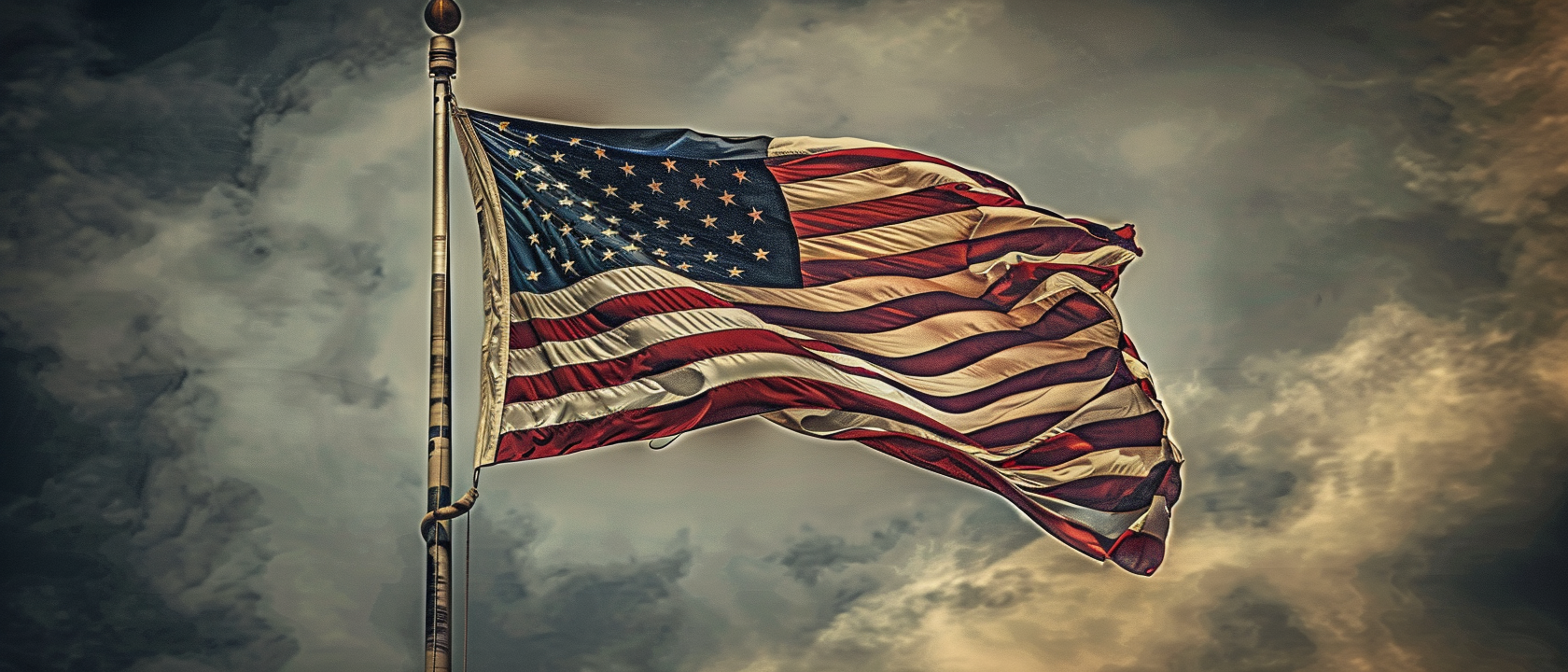
Tucker Carlson and Dave Smith discuss how power in Washington corrupts conservative and libertarian values and the importance of remaining principled.

Tucker Carlson and Dave Smith discuss the seductive nature of power in Washington, D.C., and how it has led to a corrupting influence on both conservative figures and libertarian organizations. They explore the historical patterns of conservatism in America, where each generation seems to lose ground and accept the previous generation's big government policies as the new norm.
The conversation also covers the disappointing response of both professional conservatives and libertarians to COVID-19 lockdowns and totalitarianism, highlighting the lack of resistance to freedom-eroding policies. Smith critiques the performance of the conservative movement during times of crisis, such as the Iraq War and the handling of the COVID-19 pandemic, emphasizing the importance of courage and honesty in the face of popular and powerful opposition.
The podcast reflects on the nature of conservatism and libertarianism, their roles in resisting centralized power, and the challenges they face in a political environment that often favors acquiescence over principled stands. Smith offers a reflective look at the importance of staying true to one's values, despite the allure of power and the pressure to conform.
The podcast episode presents an insightful and nuanced discussion on the political shifts within conservative and libertarian circles, the impact of residing in the heart of power, and the moral compromises that often accompany political ascendancy. It highlights the pivotal moments when courage and clarity of thought are essential and the unfortunate tendency of many to falter in the face of pressure.
The overarching message is a call to adhere to foundational principles, resist the temptation of power, and recognize the true nature of government as a force that must be resisted.







